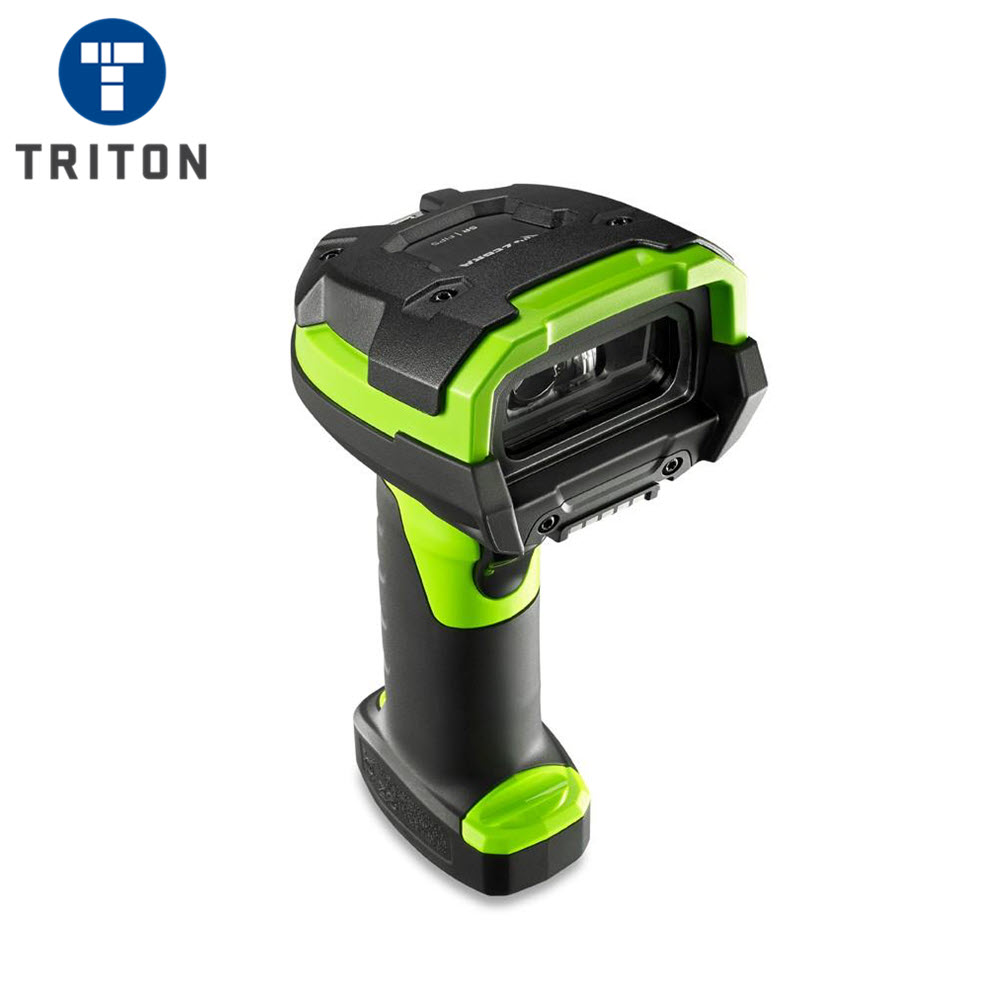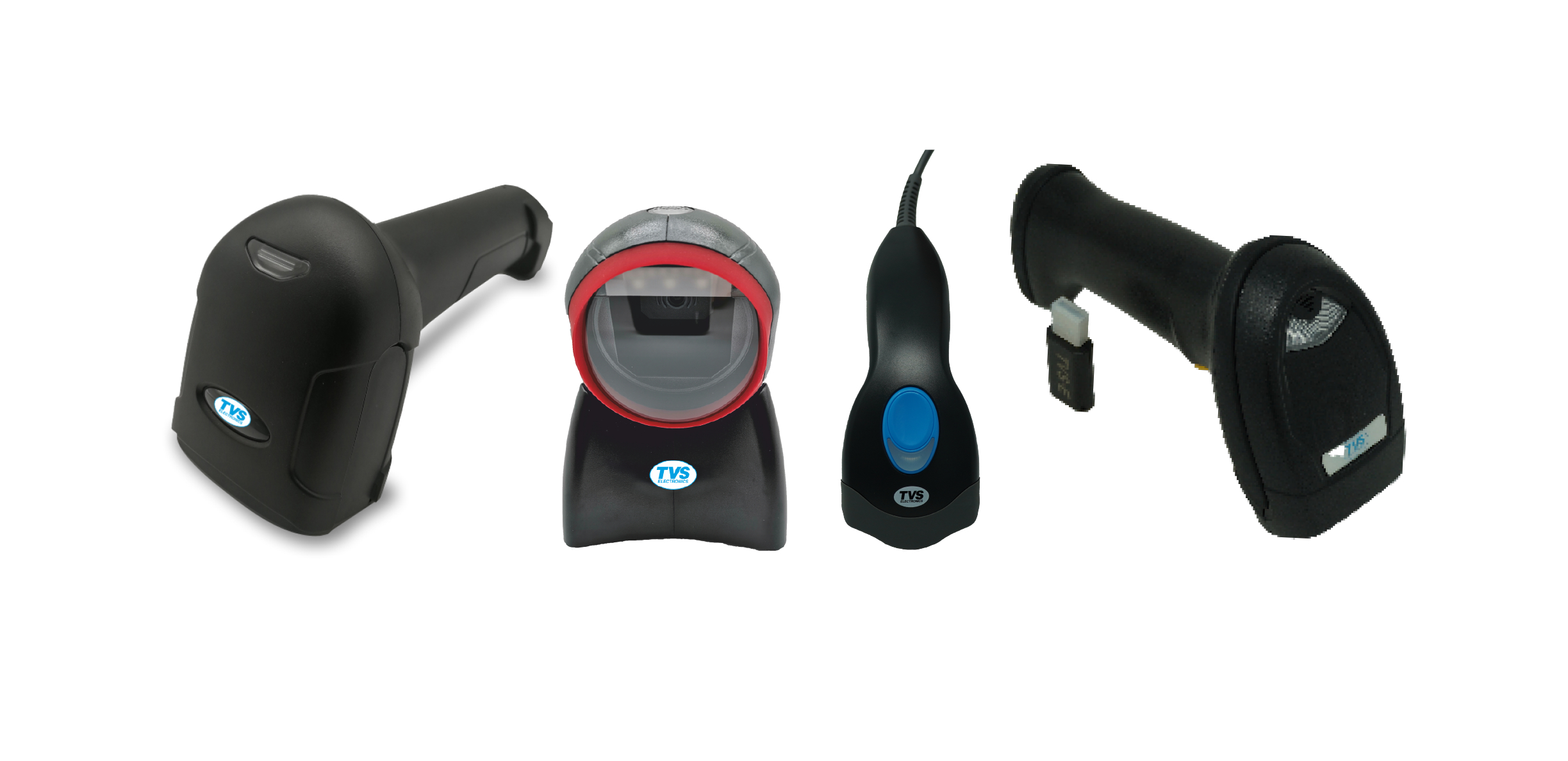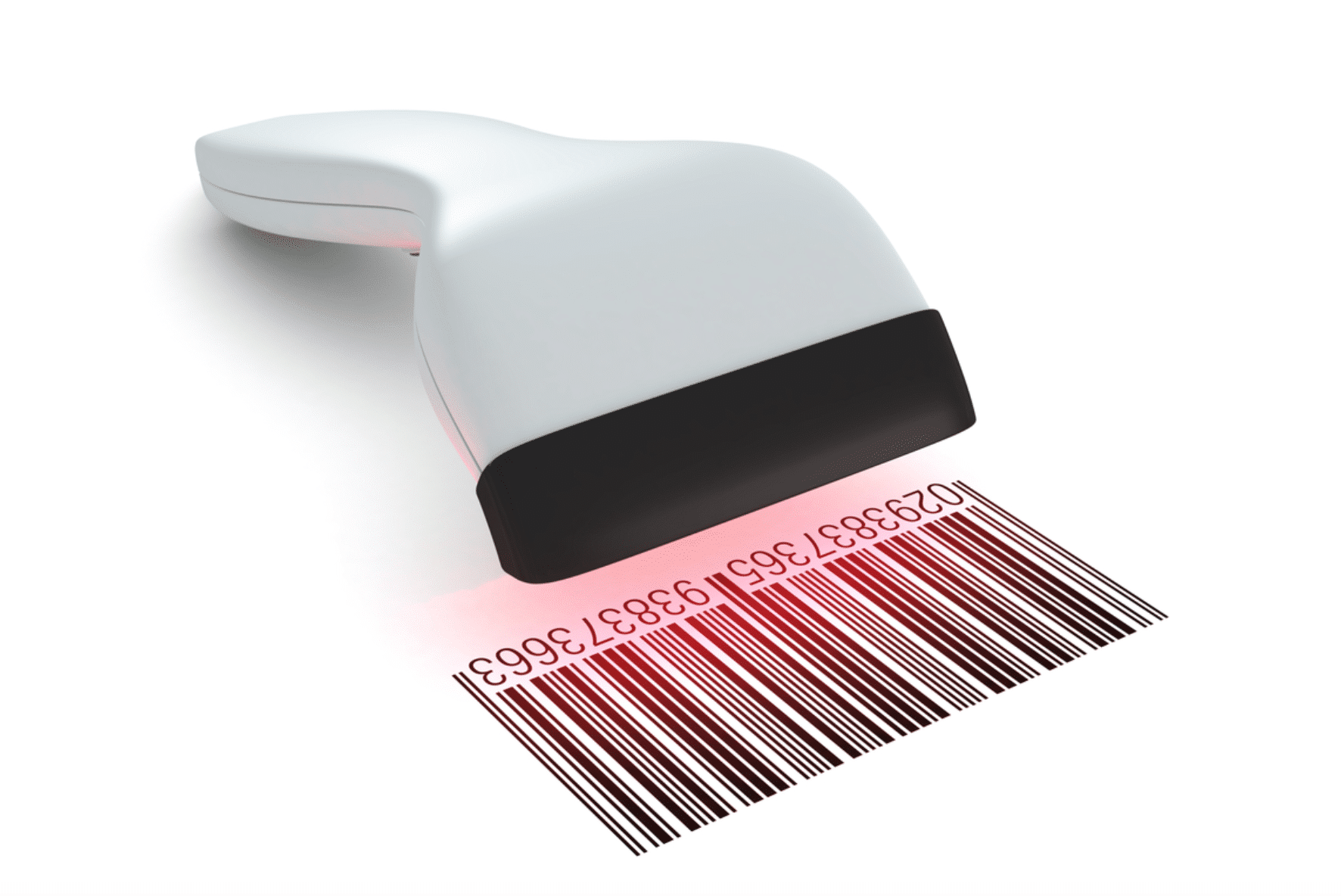Highly Trusted Barcodes Scanners for Retail
Highly Trusted Barcodes Scanners for Retail
Blog Article
Why Barcode Scanners Are Essential for Modern Retail and Warehousing
In the rapidly evolving landscape of retail and warehousing, the integration of barcode scanners has ended up being an essential element in streamlining operations and improving precision. As businesses make every effort for affordable advantage, recognizing the diverse advantages of barcode modern technology exposes its crucial role in maximizing resource allotment and fostering robust vendor relationships.
Advantages of Barcode Scanners
Barcode scanners use various benefits that considerably improve functional effectiveness in retail and warehousing settings. The automation of information entrance processes removes the errors frequently connected with manual input, leading to boosted accuracy in supply tracking and sales transactions. With the capacity to swiftly scan products, companies can accelerate checkout times, enhancing the customer experience and lowering wait times.
Moreover, barcode scanners assist in real-time data collection, permitting for immediate updates to supply degrees and sales records. This ability makes it possible for companies to respond immediately to changes popular and optimize supply degrees, lowering excess stock and minimizing stockouts. Furthermore, the integration of barcode scanners with supply monitoring systems simplifies processes such as order gratification and item returns, even more boosting functional efficiency.
Cost cost savings are an additional vital advantage. By decreasing labor prices related to hand-operated inventory administration and reducing errors that can lead to financial losses, barcode scanners add to overall earnings. Moreover, their convenience of usage and portability make them obtainable for staff training, guaranteeing that staff members can promptly come to be proficient in their operation. Generally, the implementation of barcode scanners is a tactical investment that yields considerable returns in effectiveness and functional quality.
Enhancing Stock Administration
Efficient inventory monitoring is crucial for keeping operational efficiency in retail and warehousing settings. Barcode scanners play a crucial duty in this procedure by improving the tracking of stock levels, product areas, and stock movements. By automating information capture, these devices decrease human mistake, bring about even more exact inventory documents.
Utilizing barcode scanners enables real-time presence right into stock amounts, enabling companies to make informed decisions regarding reordering and supply rotation. This immediacy aids stop overstocking or stockouts, both of which can negatively affect customer contentment and revenue margins.
Moreover, barcode scanning promotes efficient stock audits. With fast scanning abilities, staff can carry out supply checks quickly, making sure that inconsistencies are identified and corrected promptly. Boosted stock accuracy not only sustains operational performance however likewise reinforces connections with distributors, as accurate data can cause far better arrangement terms and improved order satisfaction.

Improving Check Out Performance
As customers significantly demand quicker and extra reliable purchasing experiences, boosting check out procedures has actually become a top priority for merchants. Carrying out barcode scanners plays a crucial duty in this endeavor, substantially enhancing the purchase procedure. By enabling cashiers to scan things quickly, barcode innovation decreases the time invested in each sale, thus reducing total wait times for clients.
Moreover, barcode scanners assist in the accurate recognition of items, minimizing the possibility for mispricing and making sure that consumers are billed correctly. This effectiveness not just improves consumer complete satisfaction however also boosts the store's functional effectiveness. With the ability to refine several things in fast succession, sellers can take care of high quantities of transactions throughout optimal purchasing hours without compromising service top quality.
Furthermore, integrating barcode scanners with point-of-sale systems enables real-time stock updates, providing useful understandings into supply degrees. This immediacy permits stores to handle supply better, ensuring that prominent things remain in stock and lowering the possibility of shed sales. On the whole, the adoption of barcode scanning technology is crucial for improving checkout effectiveness, ultimately resulting in enhanced client experiences and increased sales for merchants.
Lowering Human Error
In retail and this warehousing atmospheres, the application of scanning technology substantially minimizes human error throughout transactions. Conventional manual access of item information is vulnerable to blunders, consisting of wrong rates, misidentified things, and information entrance mistakes. barcodes scanners. Barcode scanners simplify this procedure by automating the capture of thing information, ensuring accuracy and consistency
By using barcode scanners, workers can rapidly scan items instead of by hand inputting information. This automation decreases the threat of human oversight, giving an extra reliable transaction process. Researches reveal that mistakes in stock monitoring can lead to expensive disparities, influencing supply levels and client fulfillment. Barcode scanning alleviates these risks by boosting the precision of stock counts and sales records.
Moreover, barcode scanners improve liability within the workforce. With clear information routes produced through scanning, disparities can be determined and addressed without delay, promoting a culture of accuracy. barcodes scanners. The reduction of human mistake not only improves operational performance however also develops customer depend on, as consumers receive the proper items at the right prices. article Generally, the fostering of barcode modern technology is a vital action towards achieving functional excellence in retail and warehousing settings.
Future Fads in Barcode Technology
The development of barcode modern technology is poised to transform retail and warehousing operations in the coming years, driven by developments in automation, data analytics, and mobile assimilation. As sectors increasingly embrace Web of Things (IoT) systems, barcode scanning will end up being indispensable to real-time inventory administration and supply chain optimization. Boosted information analytics capabilities will allow organizations to harness scanned information for predictive analytics, enhancing demand forecasting and stock turn over.

Furthermore, the assimilation of expert system with barcode innovation guarantees to streamline procedures with wise recognition and mistake discovery. As artificial intelligence algorithms examine checked data, they can provide insights that aid protect against stockouts and overstock circumstances.

Verdict
To conclude, barcode scanners play a pivotal duty in contemporary retail and warehousing by enhancing inventory monitoring, boosting check out effectiveness, and significantly decreasing human error. The integration of barcode technology not only simplifies operations however additionally have a peek at these guys fosters far better vendor partnerships and optimizes source allowance. As technology proceeds to evolve, the future of barcode scanning assures more improvements that will certainly drive operational performance and profitability in progressively competitive markets.
Report this page